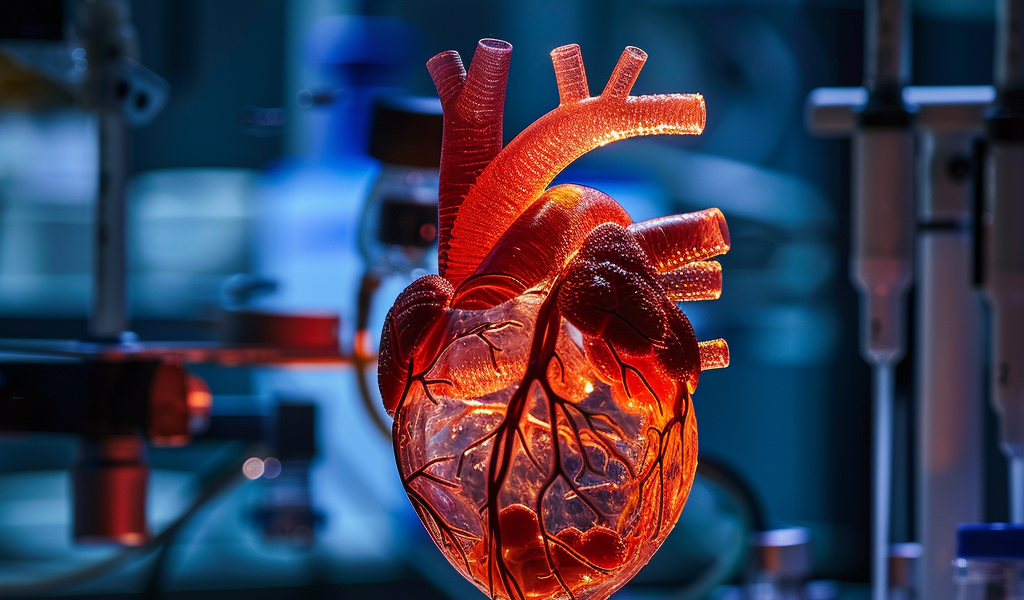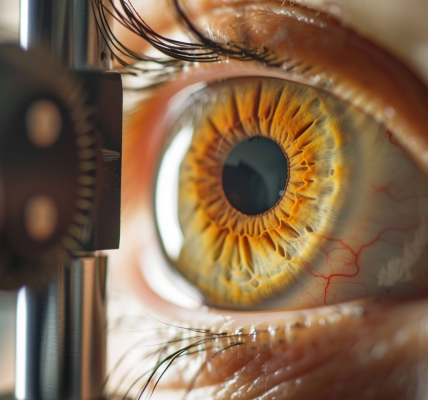Organoids, miniature human hearts that can replicate each component of the human heart, are revolutionizing the study of pregnancy complications and birth defects. Researchers are engineering these tiny hearts to delve into the mysteries of human heart development and potentially find solutions for congenital heart diseases.
Human heart development is a complex process that starts with a simple tube in the growing embryo, eventually forming a fully functional heart by the ninth week of gestation. The heart plays a crucial role in providing nutrients to the developing fetus, making it susceptible to external substances that a pregnant person may encounter. This exposure is believed to contribute to congenital heart defects, the most common birth defect affecting over 1 in 100 births globally.
Congenital heart defects often require surgical intervention for correction, highlighting the importance of understanding heart development and disease. While traditional research methods have relied on animal and cell models, they have fallen short in capturing the intricacies of the human heart.
By utilizing organoids that mimic the structure and function of the human heart, researchers are hopeful that they can unravel the complexities of heart development and potentially find new treatments for congenital heart diseases. The ethical limitations surrounding the use of human embryos in research have led scientists to explore alternative methods, with organoids emerging as a promising avenue for studying heart development in a more accurate and detailed manner.
Through the innovative engineering of miniature human hearts, researchers aim to shed light on the mechanisms of heart formation and function, paving the way for advancements in the treatment and prevention of congenital heart diseases. The potential of organoids in revolutionizing the field of cardiac research is vast, offering new insights and possibilities for improving human health and well-being.





